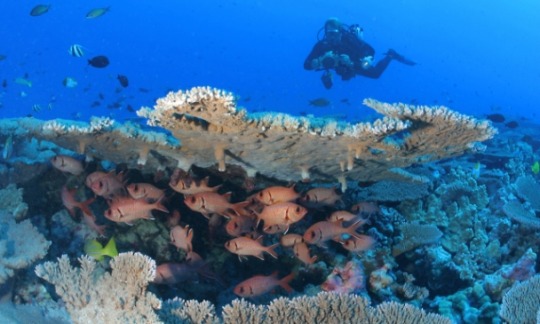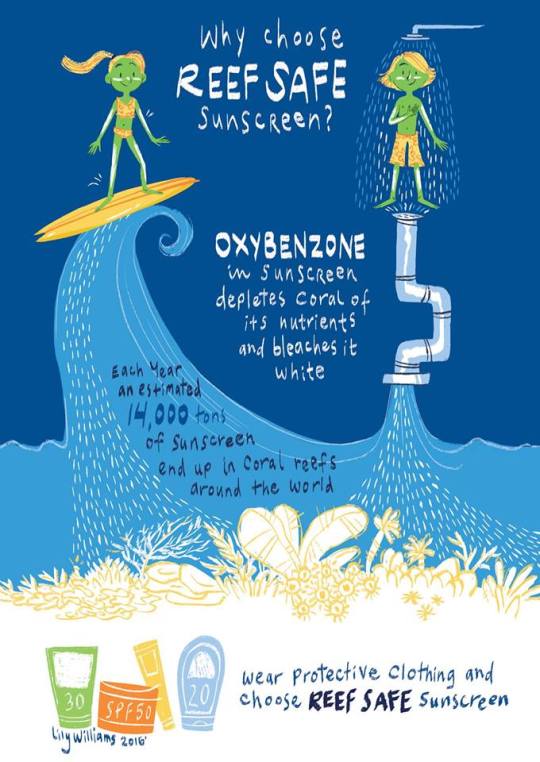YoOceans! is dedicated to improving the lives of marine mammals in both captivity and the wild. One of the ways we accomplish this by engaging our participants through a framework of educational materials focusing on animal welfare and conservation, as well as current events for classrooms, academic presentations for universities, community groups and student led organizations. Our mission is to encourage both advocacy and education, so that we can create a large community of individuals devoted to promoting better lives for both marine mammals in captivity and the wild.We are committed to educating the public and empowering educators, students and parents everywhere to join in and advocate for improved welfare for captive and wild whales, dolphins and other marine mammals. We provide all the educational materials necessary to fully educate our classes, groups and student led organizations as well as encouraging leadership and advocacy in the community.YoOceans! was founded by three women who dream of changing the world.
Don't wanna be here? Send us removal request.
Link
A few days ago, an article published in Outside and entitled “Obituary: Great Barrier Reef (25 Million BC - 2016)” went viral and was shared over one million times. That article just sent the very sad message that the GBR was dead and nothing could be done about it.
However, this very pessimistic and sensational article wasn’t right. Yes, the GBR is in bad shape and it just faced its worst bleaching episode, but it’s not dead yet! We should be focusing on the positive, on all the efforts governments and individuals can do to help the reef instead of throwing in the towel already. Maybe the author intended it to be a wake-up call, but I didn’t see many people take it as that. By stating that the reef is dead, people will move on to other things.
Thankfully, scientists have spoken up, just like Terry Hughes, director of the ARC Centre of Excellence for Coral Reef Studies.
“We can and must save the Great Barrier Reef ― it supports 70,000 jobs in reef tourism,” he said. “Large sections of it (the southern half) escaped from the 2016 bleaching, and are in reasonable shape. The message should be that it isn’t too late for Australia to lift its game and better protect the GBR, not we should all give up because the GBR is supposedly dead.”
On top of that, the article is riddled with mistakes and never gives us any citations or scientific articles to prove its claims. Neither does it say it’s an opinion piece. Sadly, while marine scientists know better, many people in the general public took the article for face value and hit the “share” button as fast as possible without bothering to look for sources.
It is always important to remain skeptical when these sensationalistic headlines appear, and keep to keep our eyes open for literature cited or a scientist’s perspective. Either way, we must keep our hopes up and continue our efforts to fight the impacts of climate change and to help the reef recover.
211 notes
·
View notes
Photo

Great job this weekend ladies!! We are proud of you! @yo_oceans @orcaconservancy #orcaconservancy #yooceans #freethesnake #damremoval
1 note
·
View note
Link
0 notes
Photo

We should all live by this motto! Love this. @corybooker #inspire #dojustonething #change #educationiskey #giving #donate #volunteer #nonprofit #beinvolved #positivethinking
#educationiskey#dojustonething#giving#volunteer#positivethinking#nonprofit#donate#beinvolved#change#inspire
1 note
·
View note
Link
0 notes
Photo

Courtesy of @voice4helpless1 You want to #EmptytheTanks? Teachers and students, check out #TheFuture and see how you can help teach the next generation how to respect and protect marine mammals and their habitat. http://yooceans.org/ and please Like Yo Oceans! on Facebook :-) #yooceans #blackfish #orcas #dolphins
2 notes
·
View notes
Photo

#sylviaearle #ocean @mission_blue #missionblue #enivronment #globalwarming #climatechange #doonething #changemaker #educationiskey #educationisthekey #yooceans
#yooceans#climatechange#educationiskey#educationisthekey#changemaker#sylviaearle#ocean#doonething#enivronment#missionblue#globalwarming
1 note
·
View note
Link
0 notes
Photo

We are sad to be missing #Superpod5 this year. Proud to have @janawiggins at the community center. Stop by to see her! #blackfish #orcas #sanjuanislands #fridayharbor
0 notes
Text
Please help YoOceans help teachers and students!!
Donations help YoOceans to continue to create educational materials on the issues that surround marine mammals and the health of the ocean they reside and allows us the opportunity to expand our educational programming. We are an all-volunteer 501c3 non-profit organization, which means your donation is not paying a salary, but is used towards educating our next generations of these most critical issues. No amount is too small. We appreciate your support. http://yooceans.org/donate-3/
0 notes
Link
0 notes
Text
How does your sunscreen impact coral reefs?
We all know that sunscreen is a must when going out in the sun if we don’t want to end up looking like a red lobster. But have you ever noticed that oily slick that appears around you when you go for a dip into the ocean? Have you ever wondered where all that sunscreen goes? As summer has arrived in the northern hemisphere, I figured now would be a good time to address this.

(Photo from The Nature Conservancy’s Hawaii Marine Program)
It turns out that your sunscreen, specifically the chemical oxybenzone, may be contributing to the decaying health of the coral reefs according to a study first published in October 2015 in the journal Archives of Environmental Contamination and Toxicology. Oxybenzone causes endocrine disruption, DNA damage and death. It also exacerbates coral bleaching.
Now, you may think that just you and your sunscreen cannot possibly have an impact since the ocean is so big and all. However, somewhere between 4,000 and 6,000 tons of sunscreen enters coral reef areas around the world each year, according to the U.S. National Park Service.
That’s… a lot of sunscreen (and people), especially considering how little it takes to cause toxic effects. According to the study mentioned above, toxicity occurs at a concentration of 62 parts per trillion.

Measurements of oxybenzone in seawater within coral reefs and popular tourism areas in Hawaii and the U.S. Virgin Islands found concentrations ranging from 1.4 parts per million to 800 parts per trillion. That’s 12 times the concentrations needed to harm coral.
“The use of oxybenzone-containing products needs to be seriously deliberated in islands and areas where coral reef conservation is a critical issue,” says Craig Downs, one of the authors on the study. “We have lost at least 80 percent of the coral reefs in the Caribbean. Any small effort to reduce oxybenzone pollution could mean that a coral reef survives a long, hot summer, or that a degraded area recovers.”
Obviously, I am not telling you to stop using sunscreen! However, we must consider carefully what sunscreen we buy before swimming in the ocean. The National Park Services highly recommend the use of mineral sunscreens with titanium oxide or zinc oxide, as they have not been found to harm reefs.
Sunscreen by itself is not destroying coral reefs around the world. However, it is one more threat down the list working against these animals: warming sea temperatures, pollution, nutrients run-off, overfishing… If we start adding together all these little things, they all reduce the resilience of coral reefs to withstand bigger things like bleaching and disease.
We can do our part to help the corals by simply choosing oxybenzone-free products. I won’t get into that, but I have also read that oxybenzone is not very good for us humans either anyways.
Here are some of the brands I know of in the USA that do not contain oxybenzone: Stream2Sea, Badger Sunscreen, Cerave and Sun Worshipper sunscreen. In France, I know of the brand Evoa. Either way, aim to purchase oxybenzone-free, organic and/or mineral sunscreens, rather than chemical sunscreens.

7K notes
·
View notes
Link
0 notes
Link
0 notes
Link
0 notes

